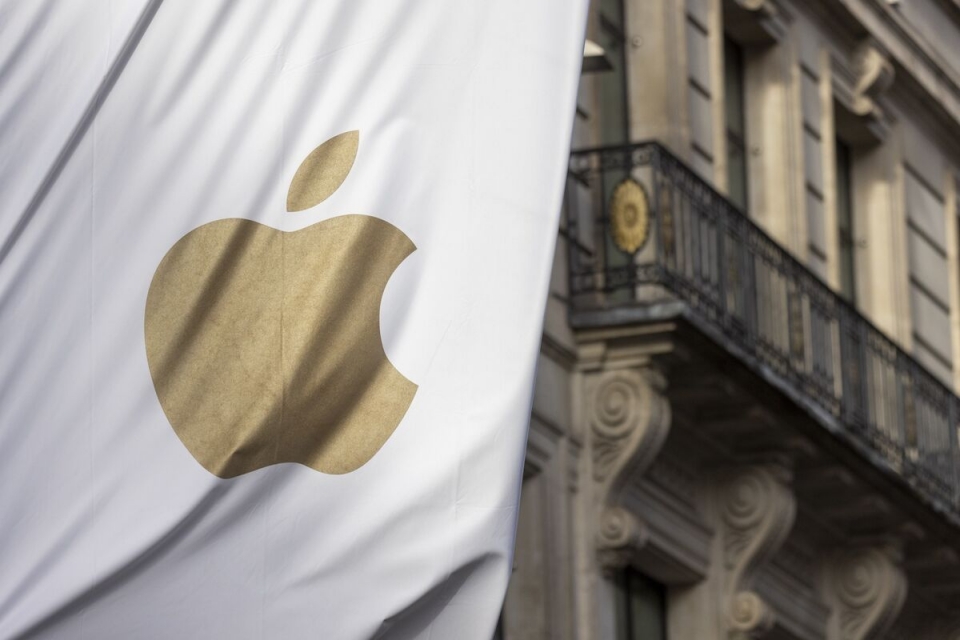
The 2024 U.S. Presidential election is unfolding in a unique manner, significantly influenced by the rise of podcasting as a media platform. As traditional outlets face challenges in capturing audiences, more candidates are turning to podcasts to connect with potential voters. This shift represents a new era in political campaigning, where personal narratives and in-depth discussions take the forefront over conventional sound bites and quick news segments.
In recent months, both Republican and Democratic candidates have recognized that podcasts offer an ideal venue for communicating complex ideas in a relatable format. Unlike standard media interviews, podcasts allow for longer conversations that can engage listeners on a deeper level. This engagement is particularly vital in an electoral landscape marked by heightened polarization and skepticism toward mainstream media.
Candidates are leveraging the intimacy that podcasts provide, allowing them to humanize themselves and articulate their policies directly. Veteran politicians and newcomers alike are gracing the airwaves, often appearing on popular shows where they can speak candidly and answer questions at length, giving potential voters insight into their personalities and priorities.
Moreover, the demographic reach of podcasts aligns well with target voter groups. Many podcast listeners tend to be younger or more progressive, an essential demographic for campaigns aiming to energize their base. This has led to a concentrated effort by candidates to find and engage with podcasters who hold sway over these audiences.
Specific examples of candidates making inroads into the podcasting world include President Joe Biden, who has utilized notable platforms to discuss his administration's achievements while directly addressing concerns of voters. Similarly, GOP contenders have been keen to maintain visibility and relevance among younger voters by participating in discussions that matter to this group. This approach not only showcases their policies but also their authentic selves, helping to build a connection in an otherwise detached political environment.
Furthermore, podcasts provide a level of authenticity that scripted campaign advertisements lack. They offer an unfiltered medium where candidates can share personal stories and connect their political ideologies to real-life experiences. This has proven vital in an election cycle characterized by consumer skepticism towards media narratives.
As the election draws nearer, observers are noting that candidates who fully embrace podcasting as part of their campaign strategy may enjoy a significant advantage. The art of storytelling through audio narratives is not just an emerging trend; it’s becoming a cornerstone of modern political campaigns, enhancing visibility and relatability in ways that traditional media can no longer match.
With election day just around the corner, the implications of this podcast-first strategy will likely become clearer. Political analysts will be following how these audio platforms influence voter sentiments and overall engagement in the upcoming race. One thing is certain: the 2024 election is set to be a pivotal moment not just in American politics, but also in how political messaging evolves in the digital age.
As the landscape continues to shift, all eyes will remain on the airwaves and the conversations that captivate millions of Americans through their earbuds. This year, politics is not just happening in the hallways of Congress or the campaign trail; it is unfolding in real-time on your favorite podcast.
#USPresidentialElection2024 #Podcasts #PoliticalCampaigning #DigitalMedia #VoterEngagement #CampaignStrategy #ElectionTrends #CivicEngagement #JoeBiden #RepublicanCandidates
Author: Liam Carter




